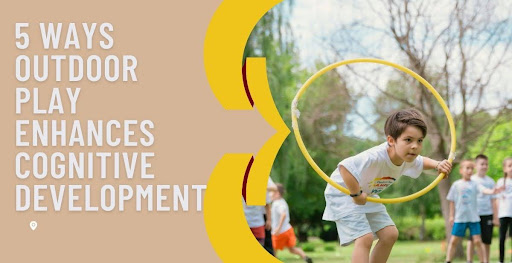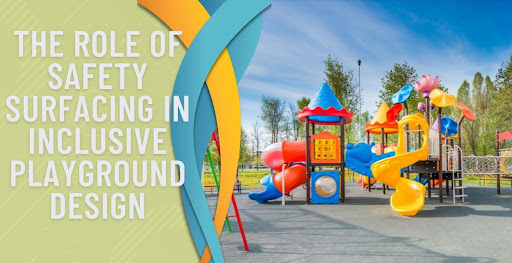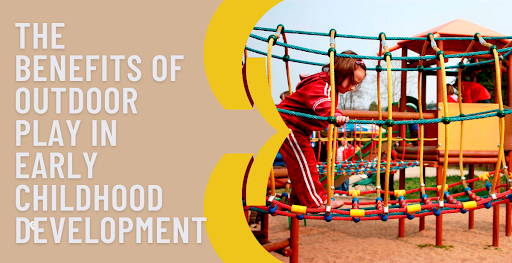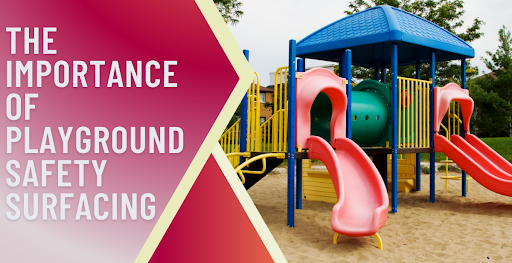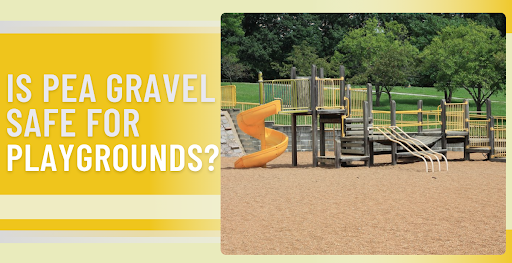6 Common Playground Problems and How to Help
Learn about 6 common playground problems and how to help your child play safely and happily. Make playground time fun and stress-free!


Children with learning and thinking differences can find playground social rules and equipment challenging. This guide outlines common issues they may face and offers solutions to help them navigate these situations.
By understanding these difficulties, you can better support your child in enjoying a safe and fun playground experience.
Understanding Common Playground Problems
Understanding common playground problems involves recognizing the challenges and obstacles that children might face while playing. These can range from safety issues with equipment, like broken swings or slides, to social struggles, such as bullying or difficulty sharing.
By being aware of these potential problems, parents, caregivers, and educators can take proactive steps to ensure that playgrounds remain safe, welcoming spaces where all children can play, learn, and grow together. Understanding the influence of playground design and safety can significantly impact how these spaces are used, helping to create better, more inclusive environments for every child to enjoy their time at the playground.
This knowledge empowers us to make informed decisions that enhance the overall experience and benefits of playgrounds for all children.
6 Common Playground Problems

1. Being bullied or witnessing bullying
Kids with learning and thinking differences might be more likely to face bullying. Bullying is different from occasional teasing because it happens over and over and tends to become more severe.
This behavior can include harsh name-calling, threats, intentionally leaving someone out, and even physical aggression like hitting or pushing. Understanding the effects of bullying can help us support and protect these children in their school environment, ensuring they feel safe among other children and other students in the classroom.
How to Help
Teach your child to speak confidently and seek a trusted adult if they feel threatened. Role-playing various scenarios at home can prepare them to act decisively.
2. Dealing with Winning or Losing
Kids who struggle with controlling their impulses and managing their emotions might boast when they win, making others feel worse about losing. Similarly, they can become agitated if they lose a game, often accusing others of cheating.
This behavior can lead to conflicts and hurt feelings on the playground. Understanding and addressing these reactions can help create a more supportive and inclusive playground by fostering impulse control and behaving appropriately.
How to Help
Emphasize the fun in participation over winning. Discuss feelings and sportsmanship, praising efforts rather than outcomes, to build resilience and a positive mindset.
3. Accessibility Issues
Accessibility issues at playgrounds are a significant concern. Every child has the right to enjoy and explore playgrounds, but unfortunately, not all playgrounds are designed to be accessible to children with disabilities.
This lack of accessibility can prevent these children from participating in play and interacting with their peers, which is crucial for social development. It's essential to advocate for and support the development of inclusive playgrounds, ensuring that all children, regardless of their physical abilities, can join in the fun and learning that playgrounds offer.
How to Help
Advocate for inclusive play spaces that cater to all children, regardless of their physical abilities. Support initiatives aimed at improving playground accessibility in your community. Inclusive design makes playgrounds better for everyone.
At Park N Play, we have over 20 years of experience creating accessible playgrounds that meet everyone's needs. Our award-winning designs help build playgrounds that the whole community can enjoy and appreciate.
4. Not Taking Turns or Following Directions
On the playground, kids need to share, take turns, and talk with others. For children with learning and thinking differences, this can be challenging.
They might find it difficult because tasks like paying attention, reading social signals, and processing what's happening around them take time. These struggles can make typical playground activities feel more complicated for them.
How to Help
Encourage your child to practice patience and explain how taking turns can make play more enjoyable for everyone. Lead by example—children often mimic adult behaviors.
5. Not Wanting to Play with Other Kids
Playground time is about using social skills like sharing, taking turns, and engaging in conversations. Your child might feel like they need help to start talking to others or ask to join a game.
Sometimes, they may not even realize when other kids invite them to play. This confusion can make it challenging for them to make friends.
How to Help
Boost their confidence through small, supervised playdates that increase their comfort around other kids. Gradually, they'll find it easier to interact in larger groups.
6. Equipment Safety Concerns
Equipment safety concerns at playgrounds are significant issues that demand immediate attention. Worn-out swings and broken slides are more than mere inconveniences; they pose serious safety hazards to children.
The presence of such damaged equipment increases the risk of accidents and injuries, which could be severe. It is, therefore, essential to address these issues promptly and efficiently to maintain a safe and enjoyable environment for all children using the playground.
How to Help
Before letting your child play, always check the playground equipment for any signs of damage. If you spot anything wrong, report it to the local authorities or the school's management to get it fixed quickly.
Park N Play can handle inspections to ensure your playground meets CSA standards. After checking, we'll give you a detailed report with measurements, photos, and any risks we find. This helps ensure your playground is safe and meets all requirements.
Building Safer Playgrounds with Park N Play Design

Playgrounds should be safe havens of joy and creativity where every child can explore and grow.
This approach helps every child leave the playground with happy memories and imparts valuable life lessons learned through play. Engaging in this continuous effort to improve playground safety and accessibility means that the time spent on swings and slides is fun and beneficial for everyone.
At Park N Play Design, we have over 20 years of experience making safe, exciting playgrounds that meet CSA standards. We offer a wide range of playground equipment, from standard to fully custom options, all tailored to fit any theme or budget.
Trust us to handle everything from design to installation, ensuring a seamless process. Reach out to us and relax while we create the perfect playground.
FAQs
How do you manage playground behavior?
Managing playground behavior effectively involves clear communication of rules, consistent enforcement, and modeling positive behavior. Providing choices to children helps empower them, and allowing them to express their feelings can prevent frustrations from escalating. Engaging children in organized play games can reduce conflicts and promote inclusive play.
How can playgrounds be improved?
Improving playgrounds can be achieved by addressing the specific behaviors that pose safety risks, like providing engaging activities to reduce boredom-related bullying. Creating zoned areas for different types of play helps manage space effectively and encourages better behavior. Ensuring that playgrounds are well-equipped and offer various play options can also significantly enhance both safety and enjoyment for children (ESP Play).
How do we deal with playground disagreements?
It's crucial to teach children conflict resolution skills when handling playground disagreements. This includes recognizing signs of escalating tensions and intervening early. It can be effective to mediate conflicts by having children discuss their differences and find mutual solutions. It's also beneficial to involve playground staff in conflict resolution training to ensure they can manage and prevent disputes effectively.


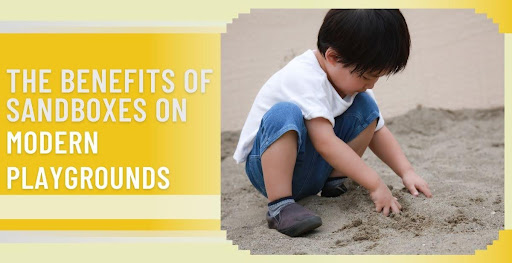
.jpeg)
.jpg)
.jpg)
.jpeg)
